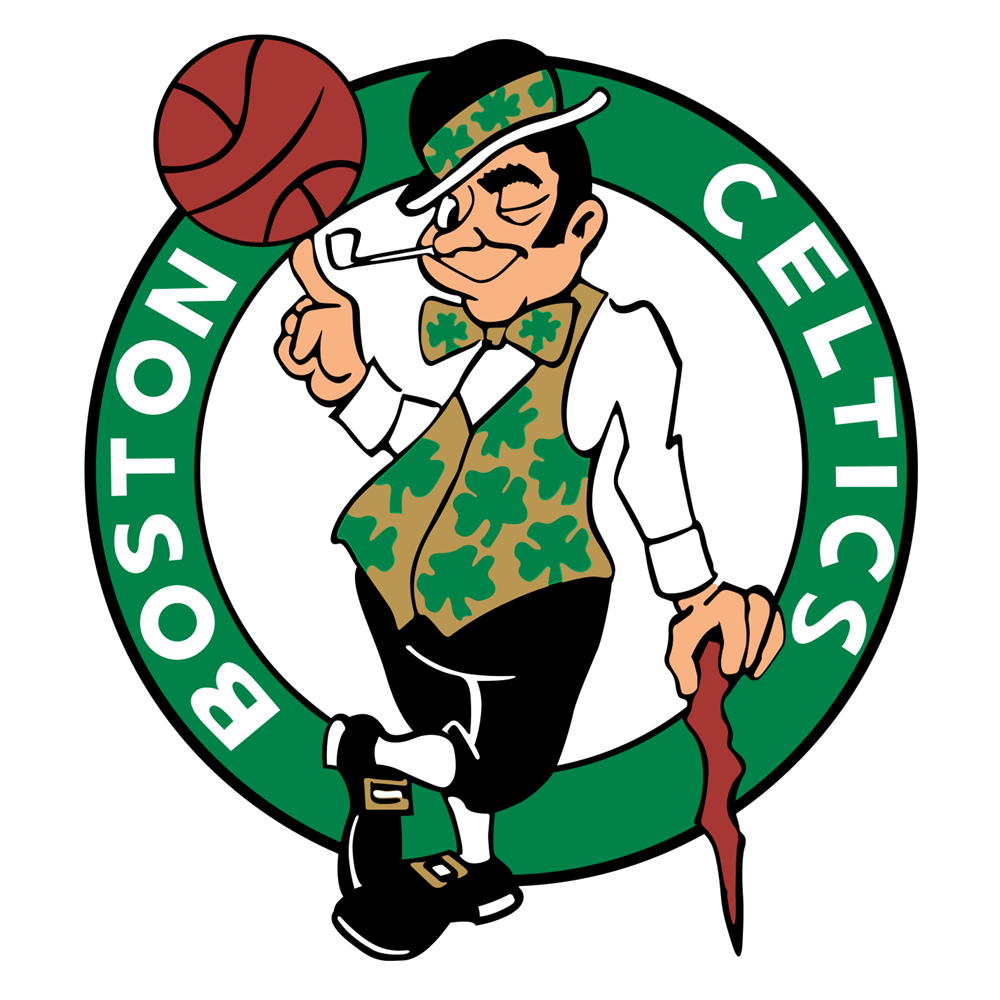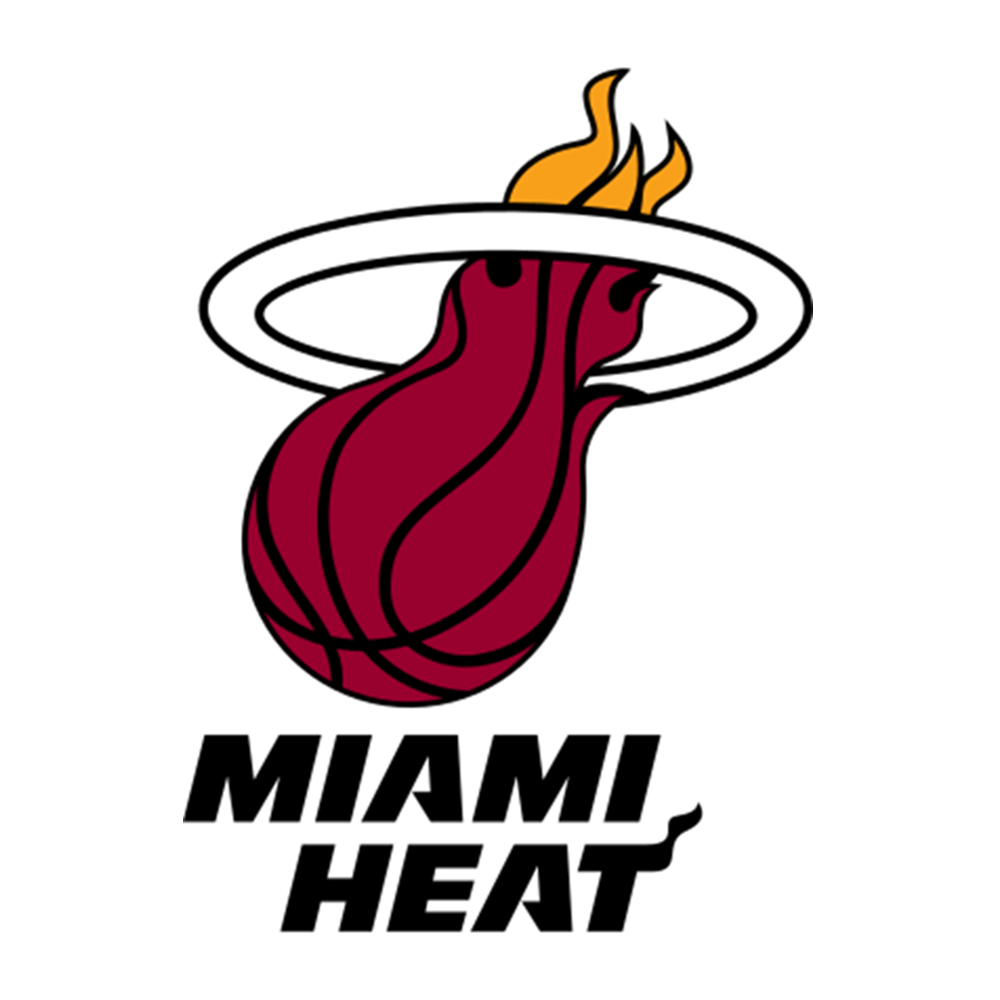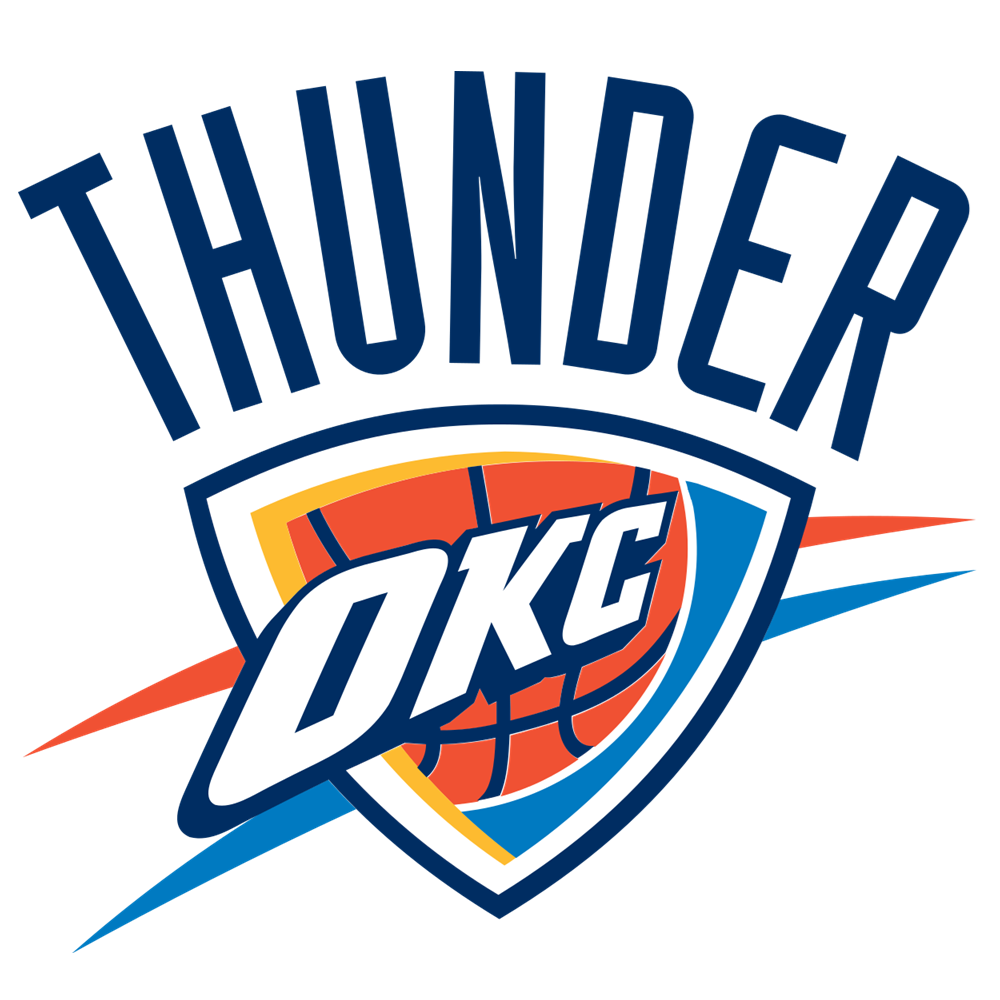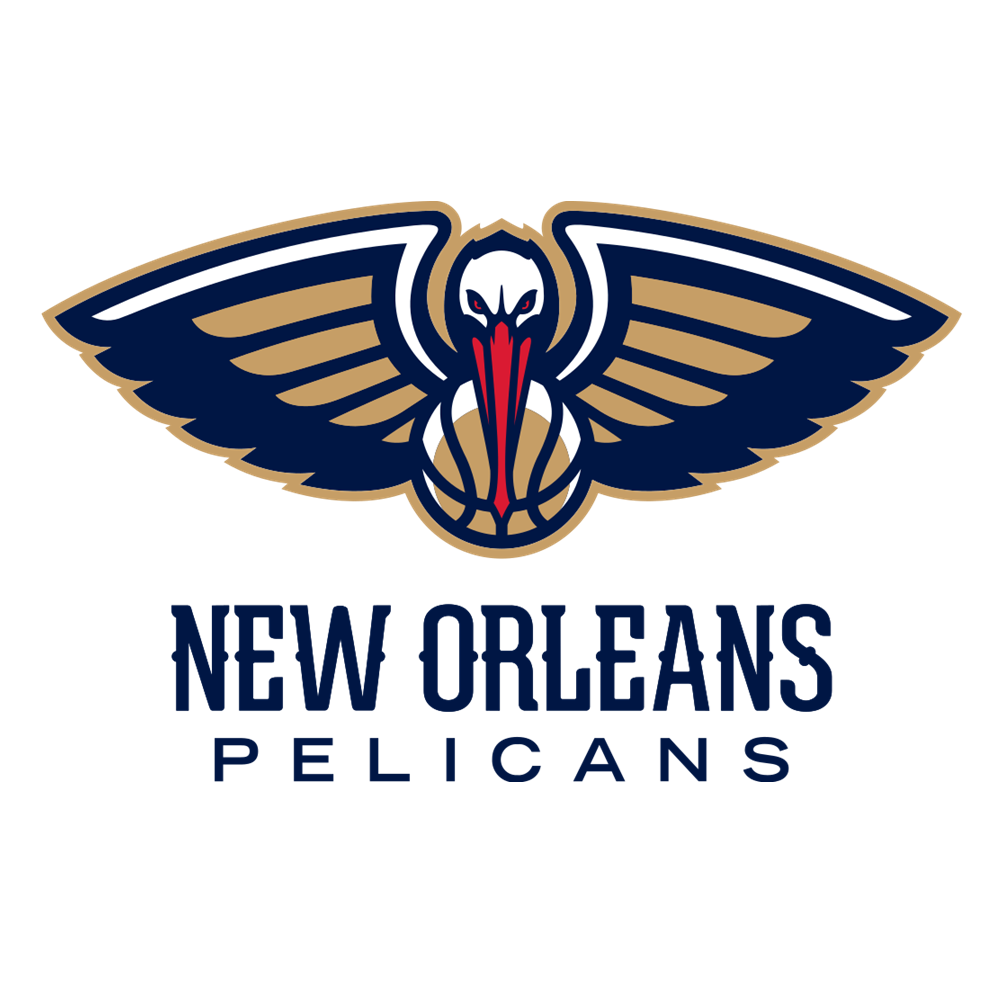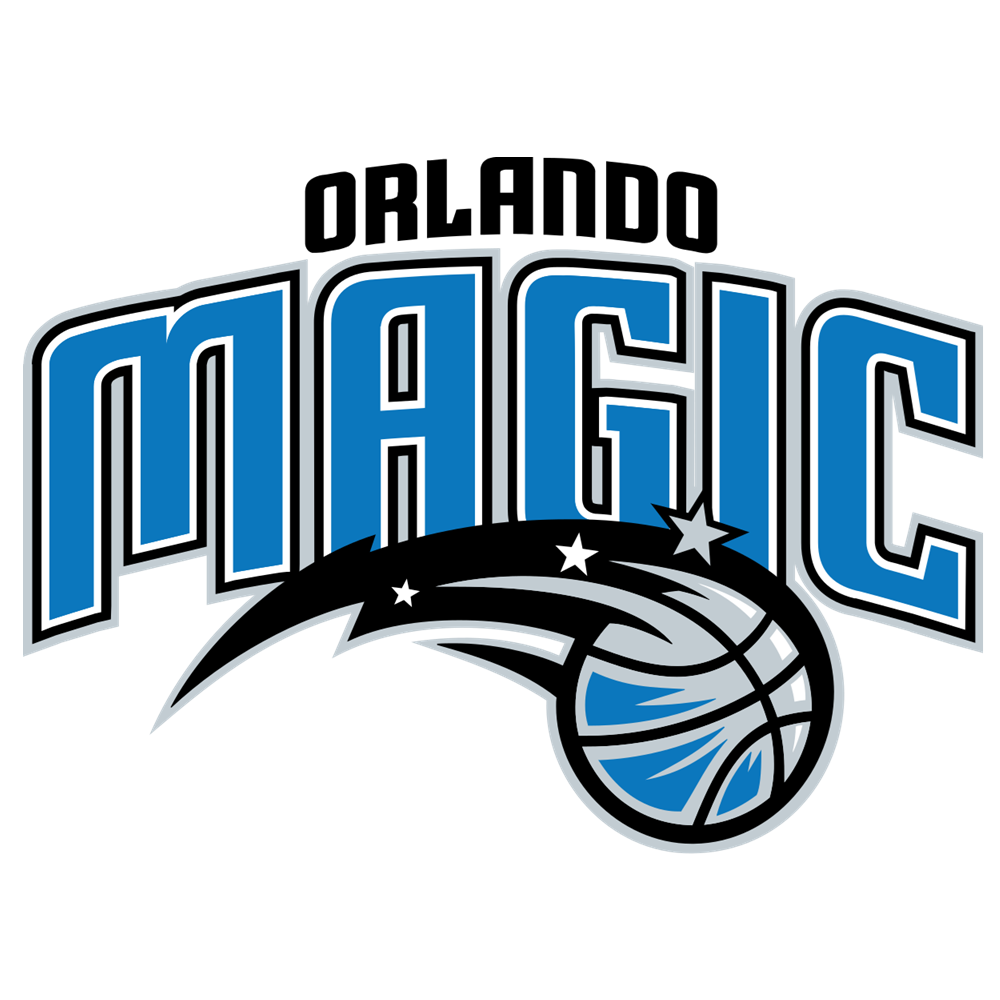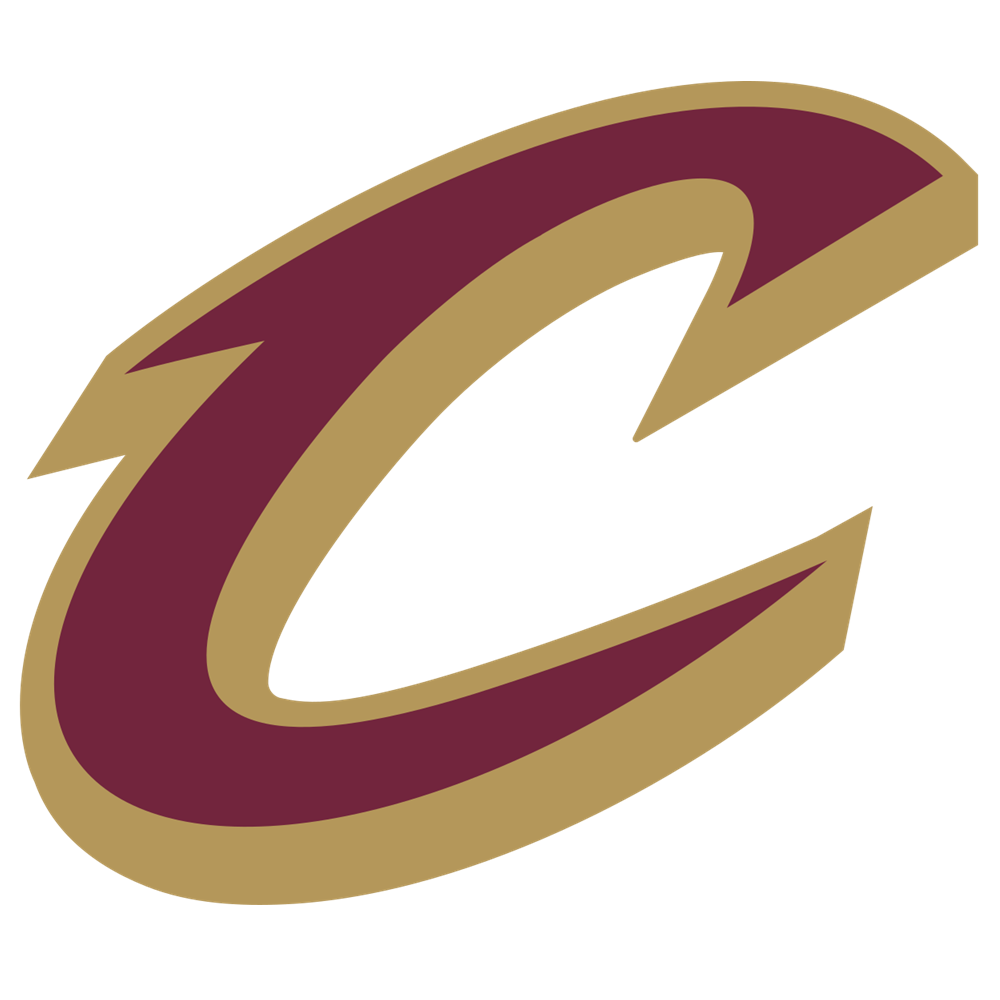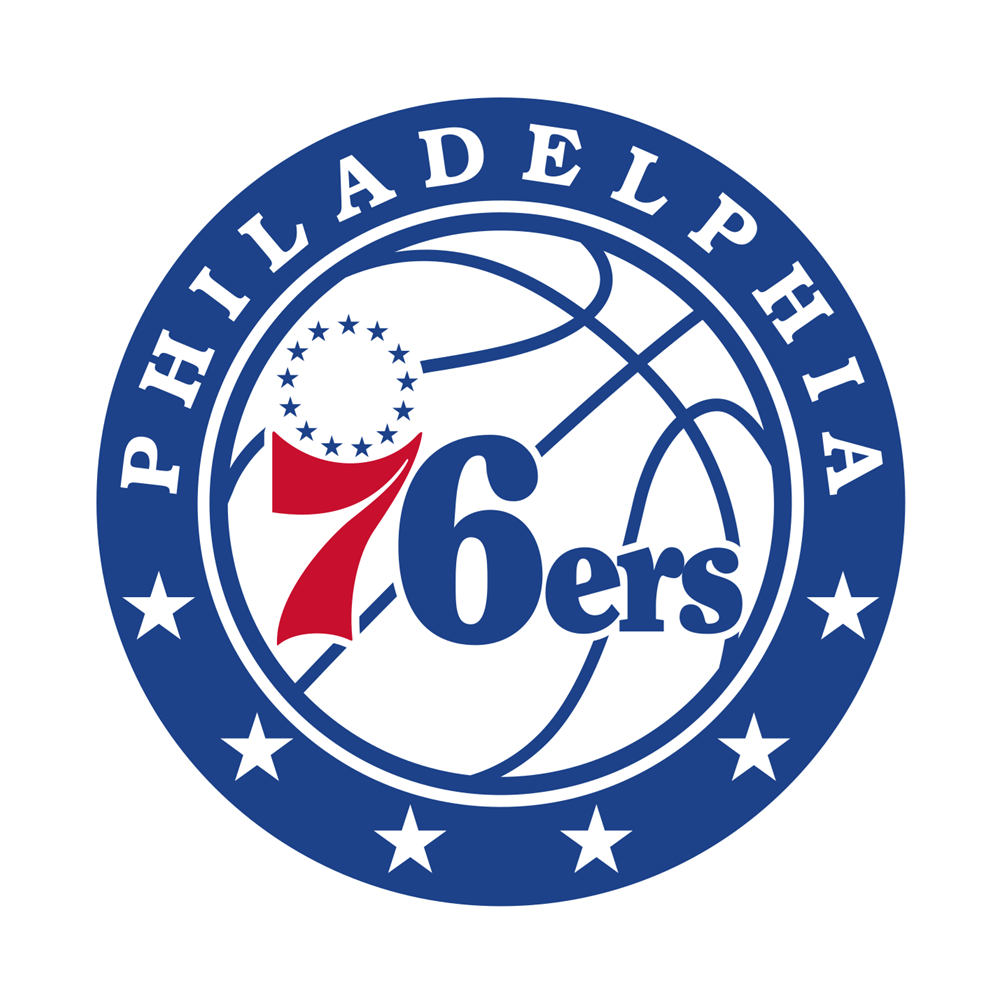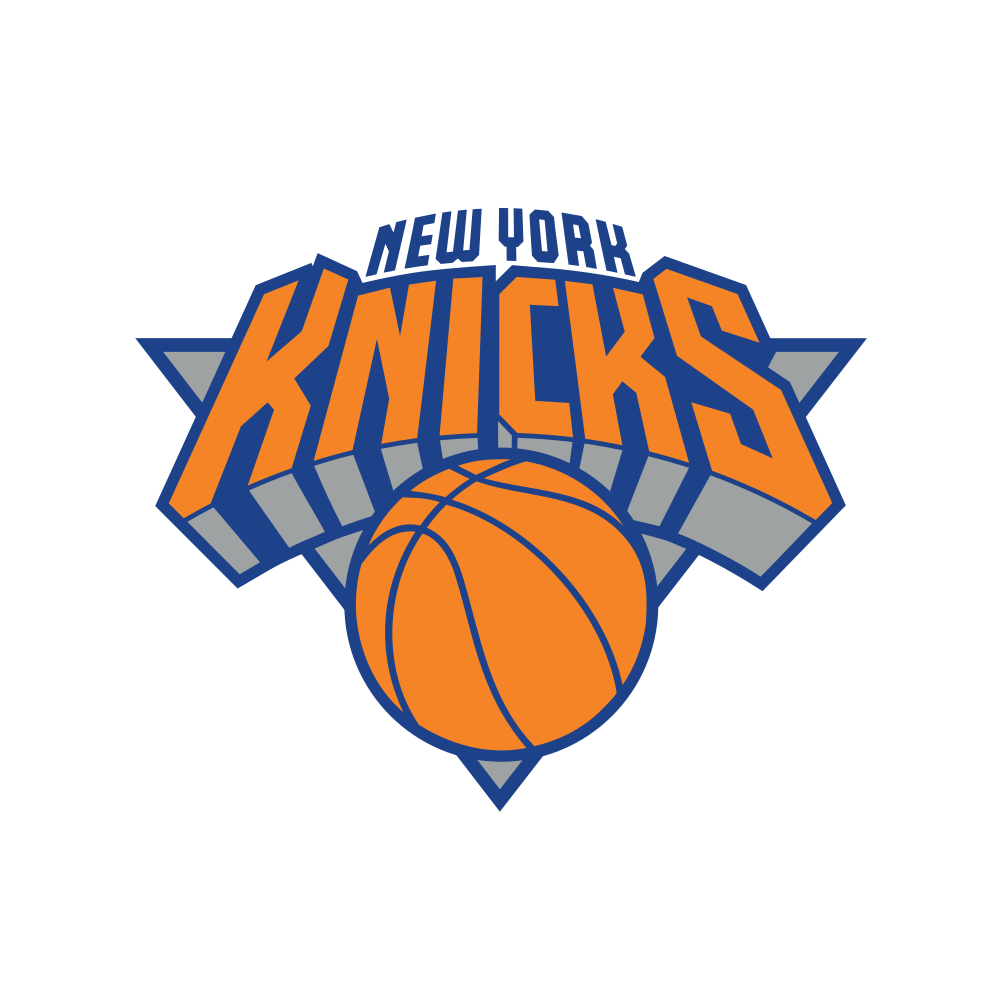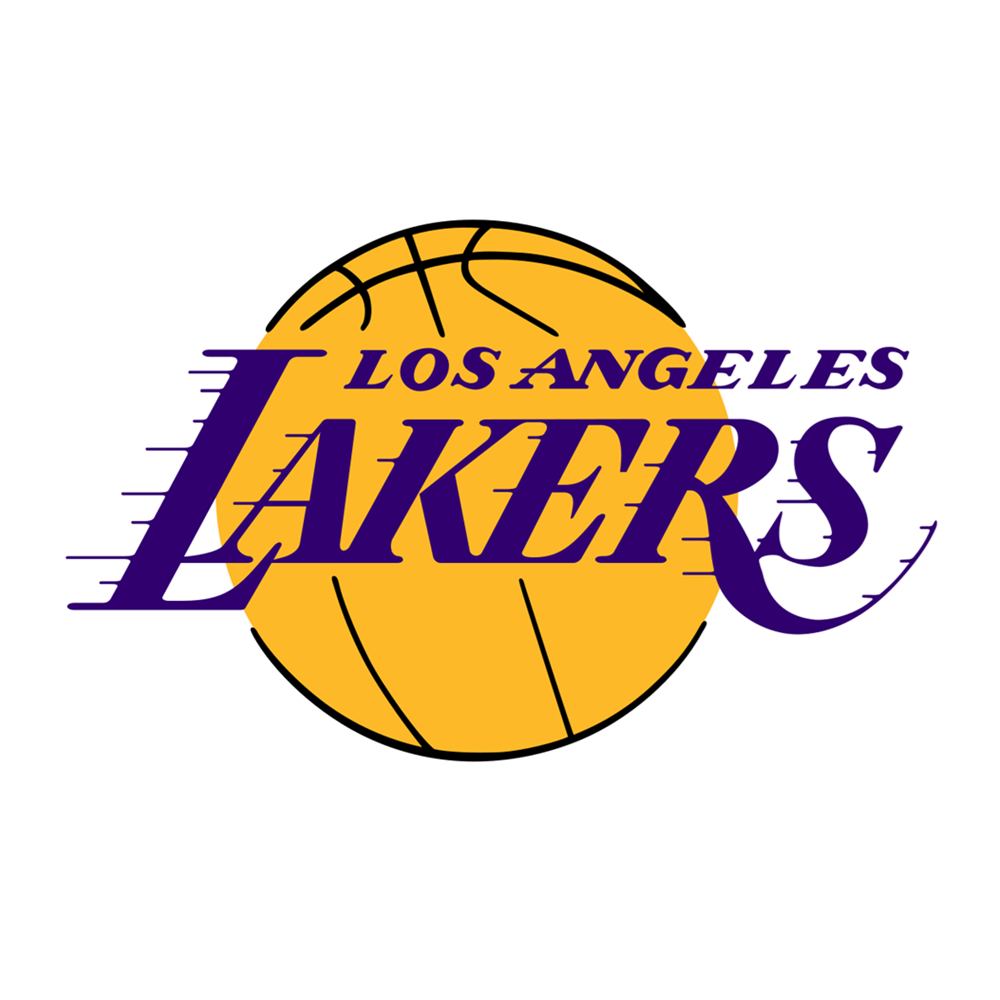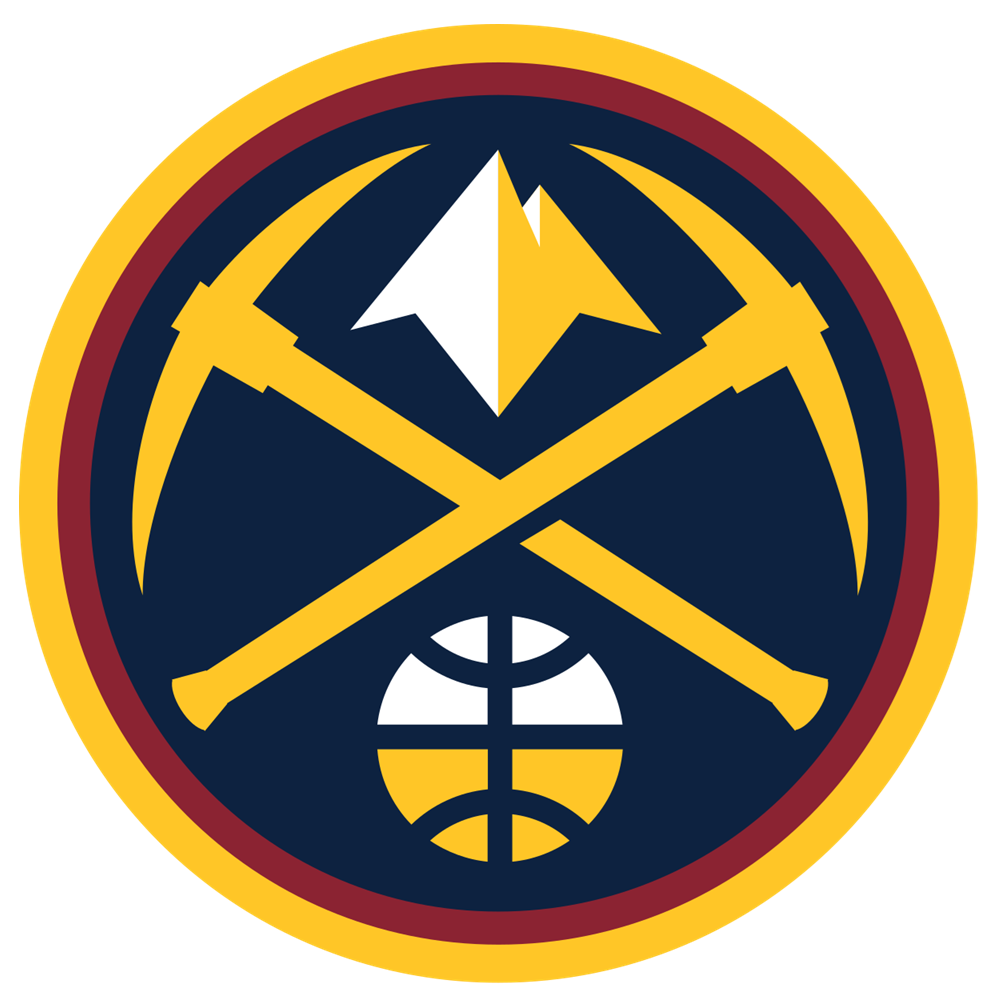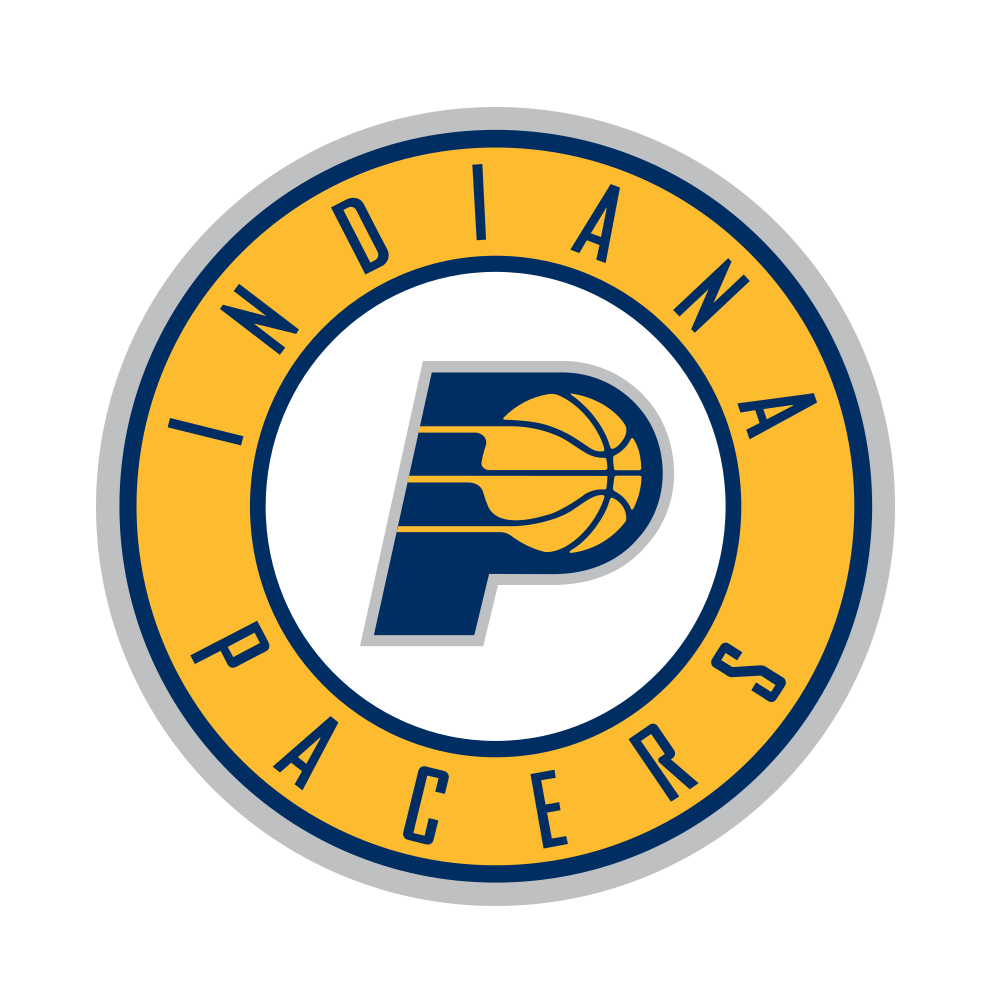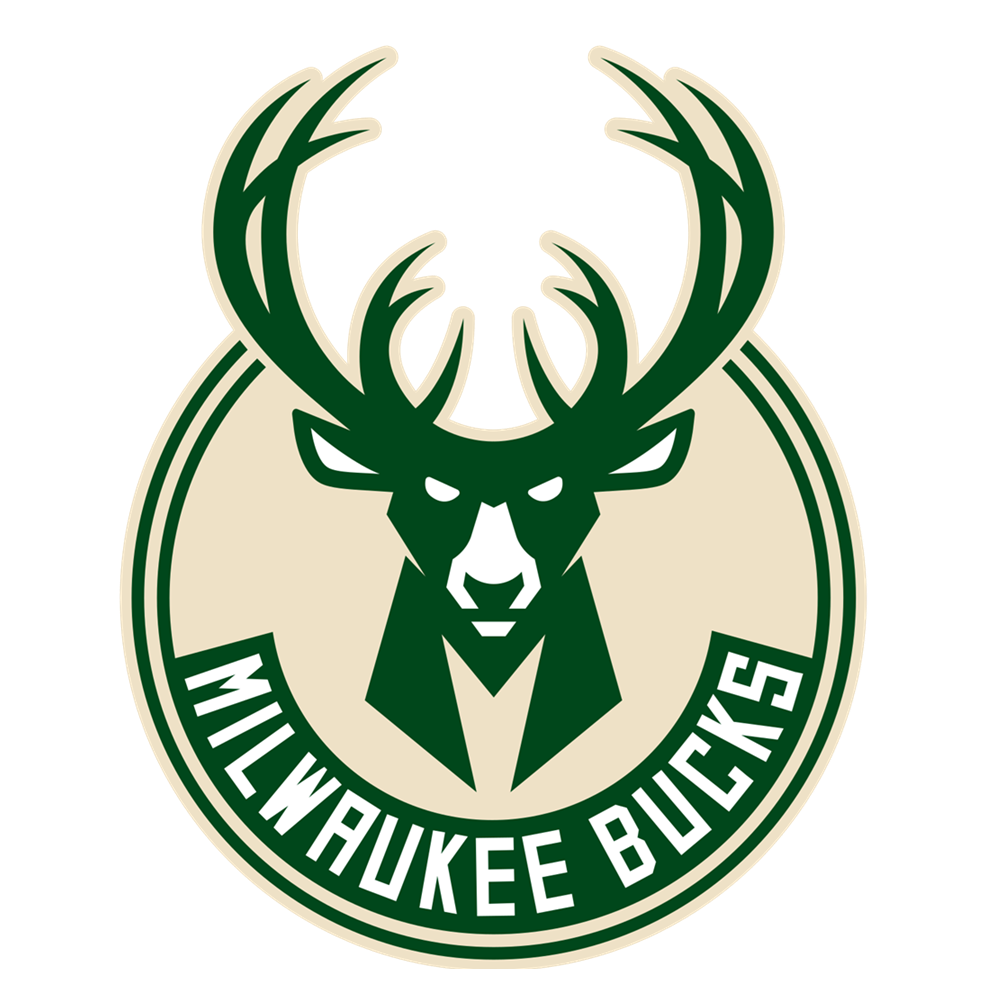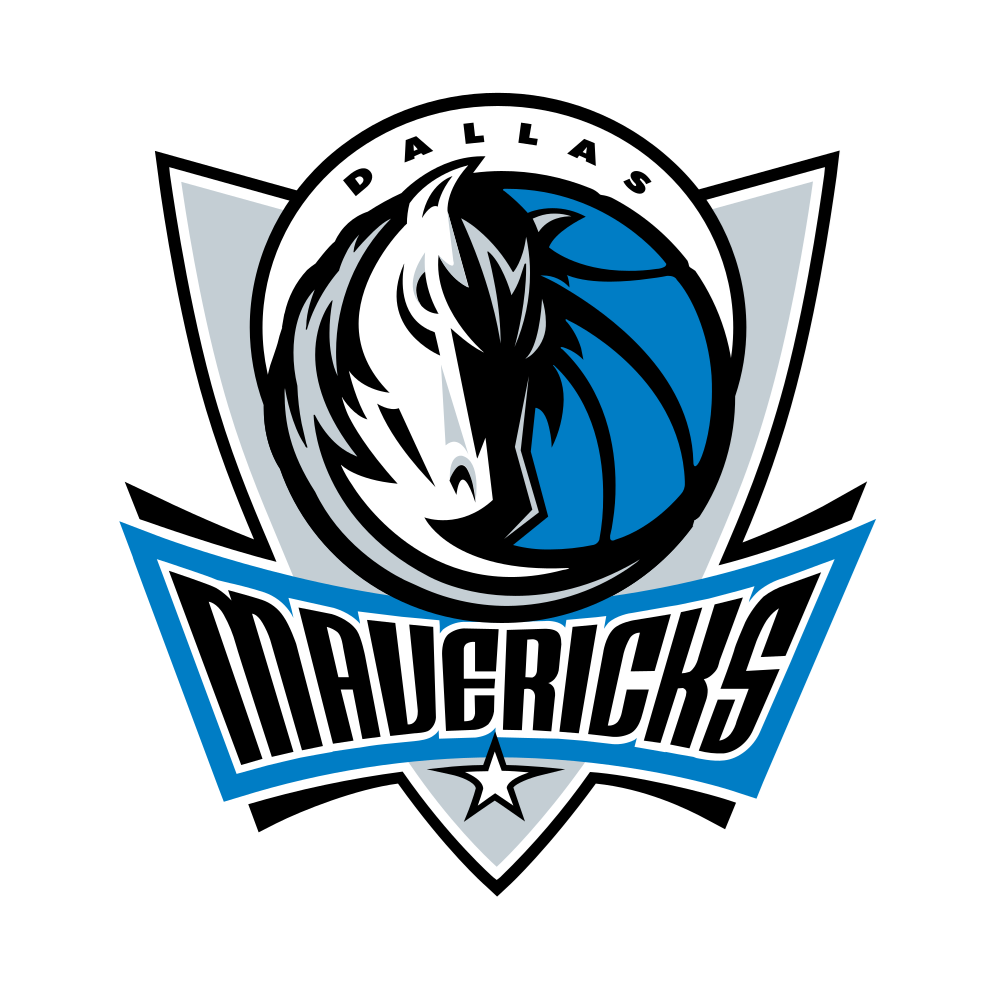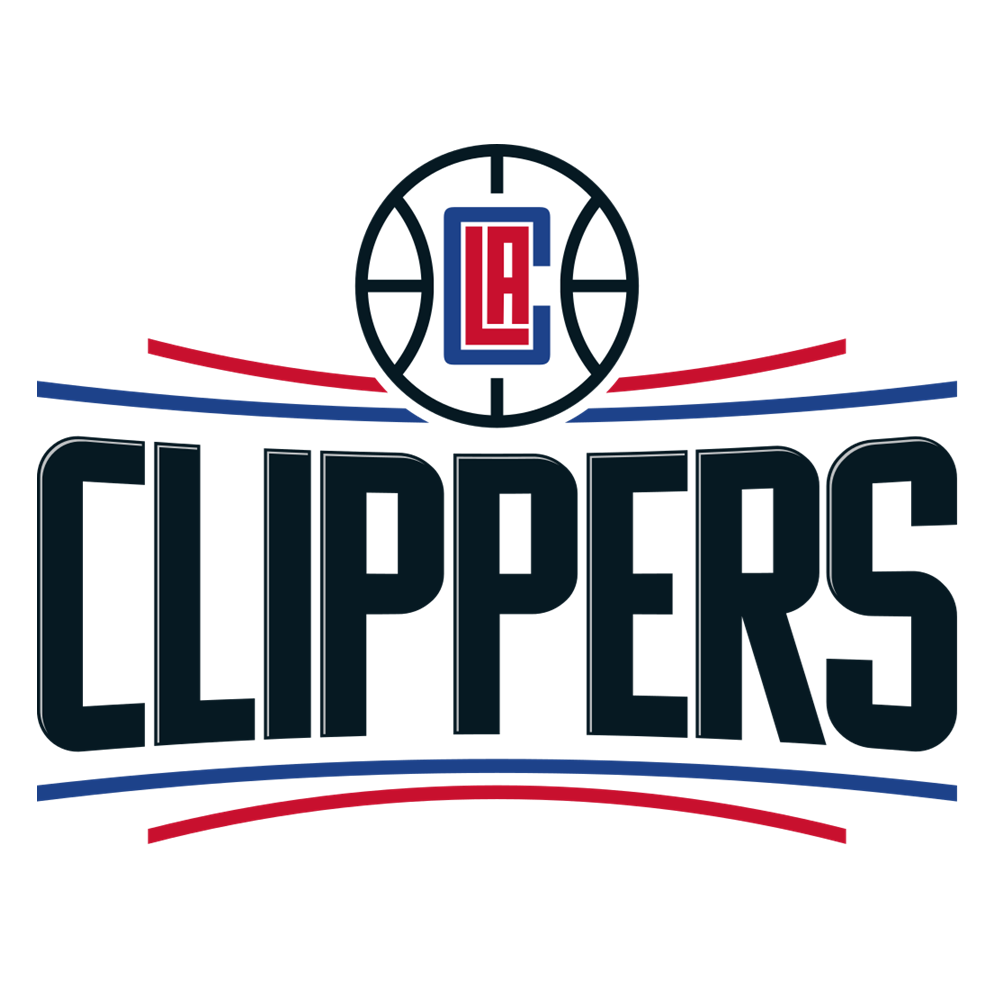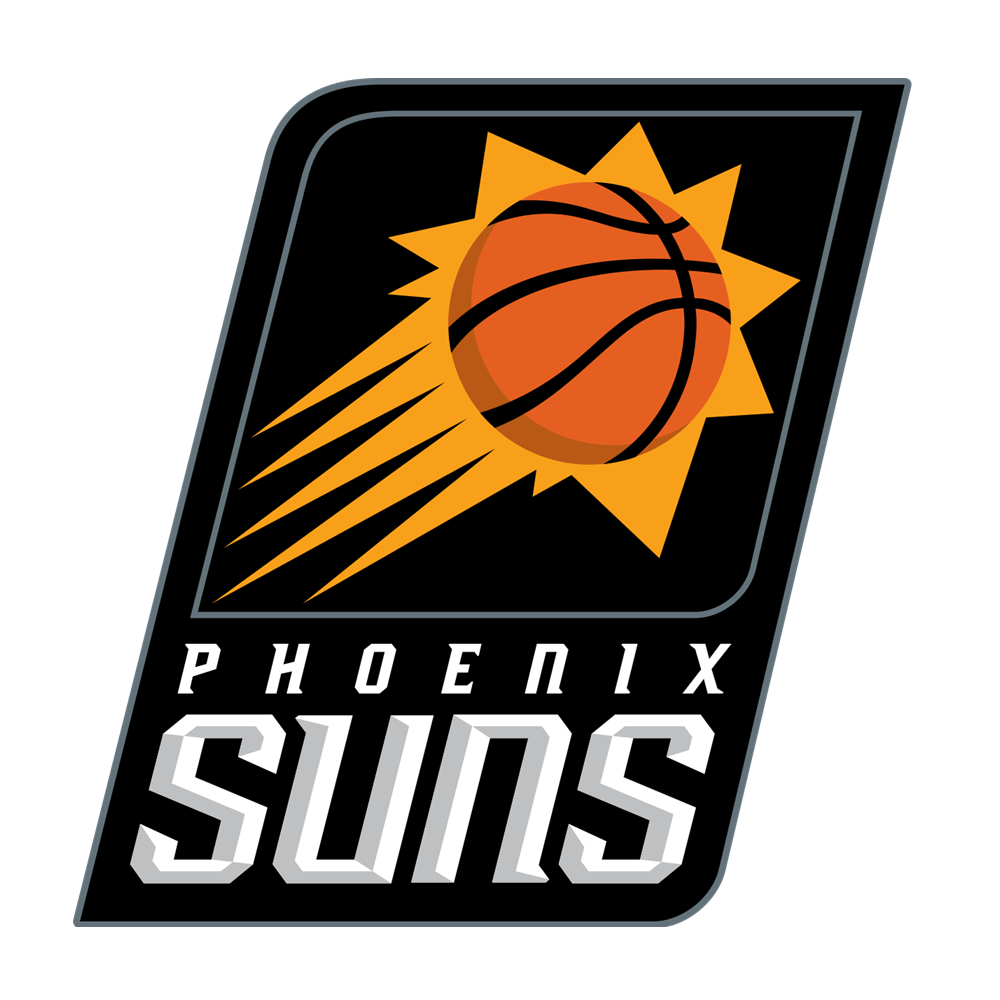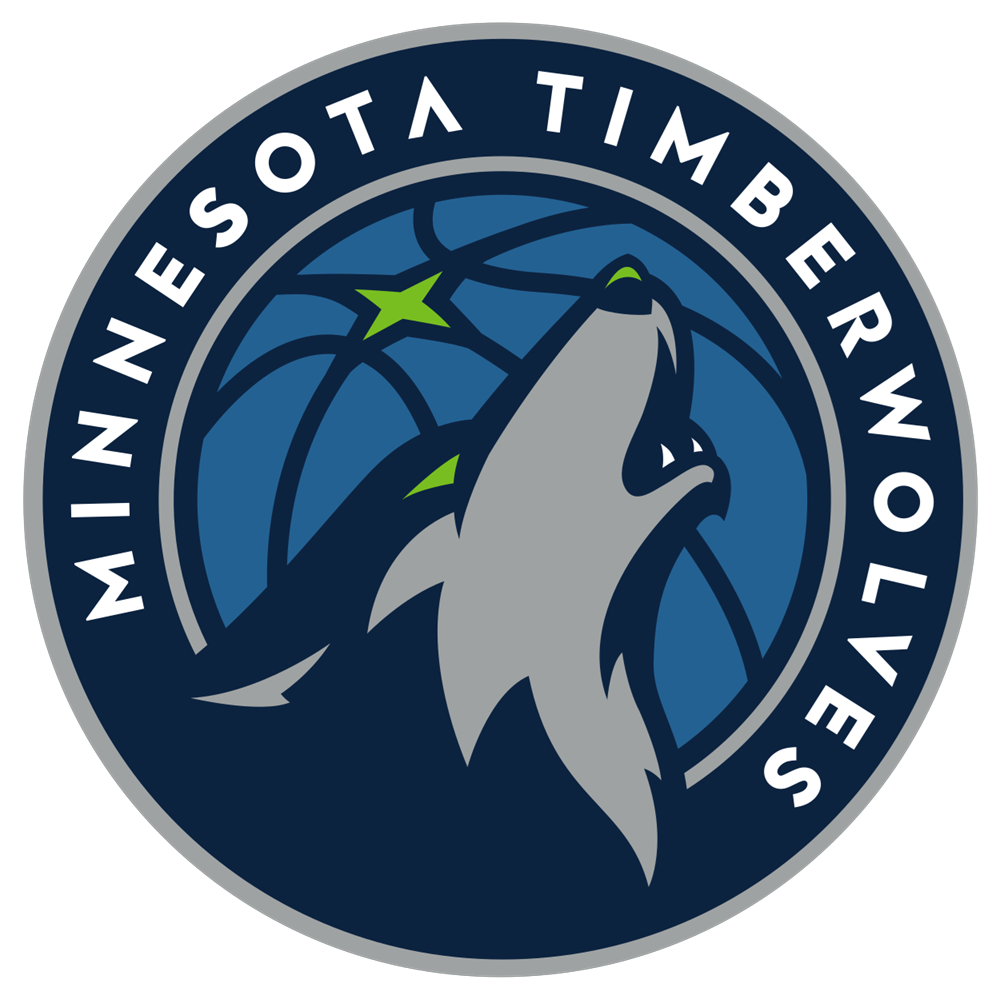Last season, Russell Westbrook of the Oklahoma City Thunder become only the second ever player in NBA history to average a triple-double for a season, and the first for 55 years. Averaging 31.6 points, 10.7 rebounds and 10.4 assists per game, Westbrook proved he could win any game against any opposition at any time, largely single-handedly, when things were going right for him.
Inadvertently, it came at a price. If a player is having to do the bulk of his team’s scoring, rebounding, playmaking, ball-handling, transition-running, off-the-dribble shooting and basket-slashing, he is doing too much. It was much more laborious for Westbrook to post his triple-double season average than it was for James Harden of the Houston Rockets to post his near-one. In proving how good he was, Westbrook proved that he alone was not good enough.
He needed help. And he got it in the form of 2018 NBA All-Star Paul George.
George was acquired for what was then the extremely low price of a trade package consisting of only Victor Oladipo and Domas Sabonis. Oladipo had combined signing a big contract with a career-worst year as an awkward fit alongside Westbrook, a player much better on the ball than off of it forced into a role that unfortunately necessitated that he play mostly to his weaknesses, while a mixed rookie campaign for Sabonis strongly suggested he would never be the floor spacer that was needed alongside Steven Adams.
By virtue of a player option for the 2018/19 season that is scheduled to pay only $20,703,284, a maximum salary at the time but now by far below what he could earn on the open market, it seemed inevitable that George would become a free agent after only one more season whichever team he was with, and it still does. With his hometown L.A. Lakers positioning themselves to be a significant free agency player that summer, stories abounded that George was very likely to return home, rumours he did nothing to dissuade. This tempered George’s trade value to the point that he was available for so comparatively cheap. Oklahoma City’s thinking was that, even if he did walk, the trade would suffice as an Oladipo salary dump.
That will no longer be necessary. In the rare example of the win-win trade, Oladipo has gone on to become an All-Star of his own for the Pacers. Finally able to be ‘the man’ with Indiana in away that he could never be alongside Westbrook, he has upped his scoring average by 8.5 points per game, while also recommitting himself to his conditioning and defence and becoming a remarkable two-way player. Sabonis, too, has shown improvement this year, very much thriving after his move to the centre spot and becoming a fearsome interior rebounder and finisher.
Nevertheless, George has been exactly what was both needed and expected of him.
George is the two-way star, the committed defender of both wings and bigs who is also spotting up, playing both halves of the pick-and-roll, running and cutting, and being the playmaker on the ball when needs be. Westbrook is not absent often, but when he is, George can step up and be the McGrady-type he so often was in his time with the Pacers. And he seems both content and effective when he is not required to do so much as well.
Between George and Westbrook, and with infusions of Carmelo Anthony as a third option, the Thunder have multiple significant options in any half court play, a particularly useful attribute in late-game situations. The value of these options was on show in a recent close-game situation against the Denver Nuggets on 2nd February.
Calling up an out-of-bounds play with five seconds remaining, and down three points, the Thunder eventually were able to use Westbrook's presence as a decoy to get George a slither of space for a three-pointer, which he hit to tie the game. When a team has only one clearcut option to cover in such situations, as Kemba Walker so often finds, opponents can drape their best wing defender all over them and have the significant advantages in the percentages. But no one team can guard all three.
The fact that the Thunder ultimately lost that game on the next and final possession due to a defensive mistake by Westbrook speaks to their imperfections defensively, an area at which they have improved since the start of the season, but in which they still struggle now. The Thunder sorely miss Andre Roberson; the foursome of Westbrook, George, Anthony and Steven Adams sport an extremely strong 96.6 defensive rating as a unit when Roberson is the fifth guy, but this goes all the way out to a very poor 114.5 when the fifth guy is literally anybody else.
In this respect, Westbrook is somewhat culpable. His defensive lapses certainly do not undermine the absolute workhorse he is attacking on the other end, and to be sure probably come from some need to conserve energy considering what he does offensively. Yet with Anthony also a sub-par individual defender, the margins for such lapses are short in the backcourt. Without Roberson, and as good as George is, he cannot cover four spots.
Westbrook, however, is still the key to everything the Thunder want to do. And he always will be.
The Thunder struggled somewhat to begin the year. At one point, they fell to an 8-12 record, leaving to inevitable if unfounded panic speculation. They were able to turn the season around when they started to let Russ be Russ again. The fact that Westbrook lacked for help around him did not mean he needed to much change his style of play from the freight train approach that had worked so well for him last season. Instead, it meant that the Thunder needed to embrace it more.
Everyone is imperfect. LeBron James no longer runs out to shooters all the time. Joel Embiid turns the ball over at an almost-historic rate. Karl-Anthony Towns cannot rotate onto ball-handlers. Giannis Antetokounmpo can’t shoot. If Westbrook misses some open shooters defensively and misses some open jumpers offensively, so be it. The key to his team's success is to flank his tremendous individual abilities with players who can do the things he cannot and impact whichever side of the court he isn't it. To have an elite three-and-D player in George, then, is to do just that.
In tandem, Westbrook and George are working out exactly as hoped. Early season struggles, always overblown at the time considering how newly assembled the team was albeit not without some valid concerns defensively, now seem irrelevant. The Thunder are climbing, with a 32-25 record, good enough for fifth in the Western Conference and only half a game back of Towns's Minnesota Timberwolves. They have the league's eighth best offensive rating and, more impressively, the fifth defensive rating.
And they have learnt how they all now fit together.
Despite it all, remain an outside contender only to come out of the Western Conference, due to the formidable opposition that is the Golden State Warriors and Houston Rockets. Westbrook may have gotten his help, but Harden and Curry still have more.
The injury to Andre Roberson will not have helped. When he was healthy, Roberson and George formed a phenomenal wing pairing defensively (particularly when defending pick-and-rolls with the help of Steven Adams), but without him, George is having to do too much for one man.
Nonetheless, the Thunder are now a contender. Last season, they were a one-man band offensively, in the presence of greatness that they could not capitalise on. Russell Westbrook proved he could do almost all of it on his own, but also that he shouldn't have to.
And now, with Paul George as a fellow 2018 NBA All-Star, he doesn't.
